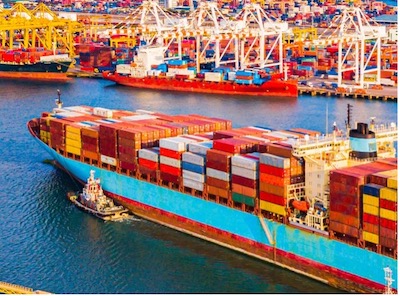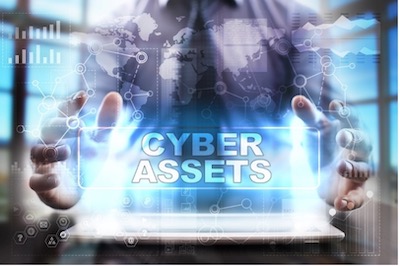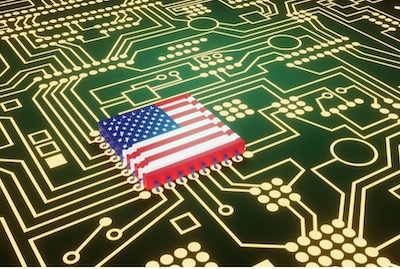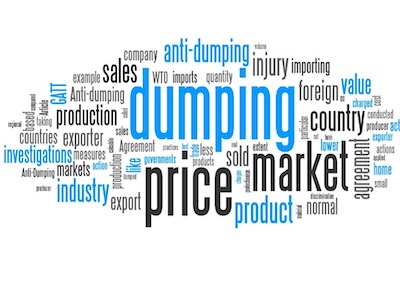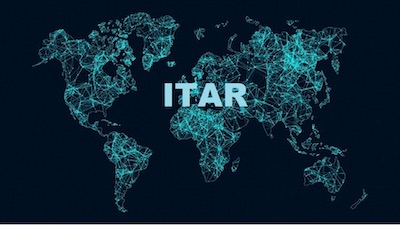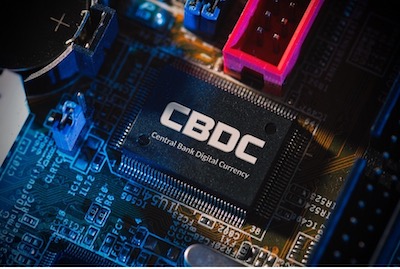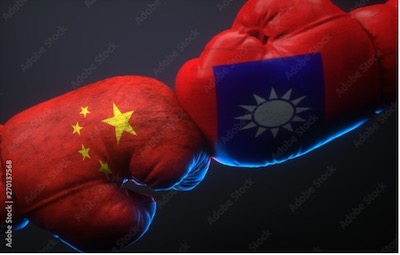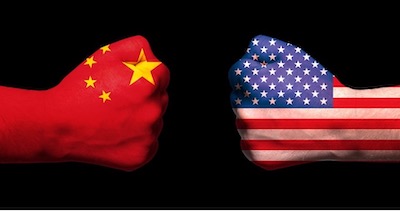
Section 301 Update: Four-Year Review, Exclusions, Litigation, and the Future of China Tariffs
By: Adrienne Braumiller, Partner & Founder, Braumiller Law Group
China Tariffs are here to stay – for now. The Biden Administration continues to defend the Trump-era tariffs on goods from China with little guidance as domestic inflation climbs steadily. Meanwhile, 2022 has been a busy year for the Office of the U.S. Trade Representative (“USTR”). The agency was instructed by the Court of International Trade to provide further written justification for the Section 301 Actions for Lists 3 and 4a in the wake of the agency’s obligatory four-year review of each tariff action.

